Introduction
Lobbying plays a crucial role in democratic societies by allowing stakeholders to present their interests to policymakers. However, the ethical and legal boundaries of lobbying are often contested. Concerns about corruption, unequal access, and undue influence challenge the legitimacy of lobbying activities. This article examines the ethical considerations and legal frameworks surrounding lobbying, exploring how to balance effective advocacy with the principles of transparency, accountability, and fairness.
The Purpose of Lobbying
Advocacy and Representation – Lobbyists represent the interests of various groups, ensuring that diverse perspectives are considered in policymaking.
Expertise and Information – They provide specialized knowledge that can inform and improve legislative outcomes.
Ethical Challenges
1. Transparency
- Undisclosed Activities: Secret lobbying efforts can undermine democratic accountability.
- Revolving Door Phenomenon: Former officials becoming lobbyists (or vice versa) can lead to conflicts of interest.
2. Equality of Access
- Resource Disparities: Wealthy entities may have greater influence due to their ability to hire lobbyists.
- Marginalized Voices: Less resourced groups may struggle to have their interests represented.
3. Corruption and Impropriety
Bribery and Gifts: Offering gifts or favors to officials can cross ethical and legal lines.
Campaign Contributions: Large donations may be perceived as buying influence.
Legal Frameworks
Registration and Disclosure Laws – Many countries require lobbyists to register and report their activities, clients, and expenditures.
Conflict of Interest Regulations – Laws that prevent officials from participating in decisions where they have a personal interest.
Anti-Corruption Statutes – Legislation that prohibits bribery and other forms of corrupt practices.
Case Studies
United States – The Lobbying Disclosure Act (1995) and the Honest Leadership and Open Government Act (2007) aim to increase transparency and reduce corruption.
European Union – The EU Transparency Register is a voluntary system for organizations and self-employed individuals engaged in influencing policy-making.
Australia – The Lobbying Code of Conduct establishes standards for interactions between lobbyists and government representatives.
Balancing Advocacy and Ethics
Establishing Codes of Conduct – Professional associations can set ethical guidelines for their members.
Enhancing Oversight – Independent bodies can monitor lobbying activities and enforce compliance.
Promoting Inclusive Participation – Encouraging broader engagement from diverse groups to ensure balanced representation.
Recommendations
Mandatory Disclosure – Require comprehensive reporting of lobbying activities, including virtual and indirect lobbying.
Cooling-Off Periods – Implement time restrictions on former officials engaging in lobbying to prevent conflicts of interest.
Public Accessibility – Make lobbying records easily accessible to the public for scrutiny.
Conclusion
Ethical lobbying is essential for a functioning democracy, providing valuable insights and representing various interests. However, without proper regulations and ethical standards, lobbying can erode public trust and distort policymaking. Striking a balance requires ongoing efforts to refine legal frameworks, enforce ethical conduct, and promote transparency.
References
[1] Lessig, L. (2011). Republic, Lost: How Money Corrupts Congress—and a Plan to Stop It. Twelve.
[2] OECD. (2014). Lobbyists, Governments and Public Trust, Volume 3: Implementing the OECD Principles for Transparency and Integrity in Lobbying. OECD Publishing.
[3] Greenwood, J., & Thomas, C. S. (Eds.). (1998). Regulating Lobbying: National and International Perspectives. European Consortium for Political Research.

